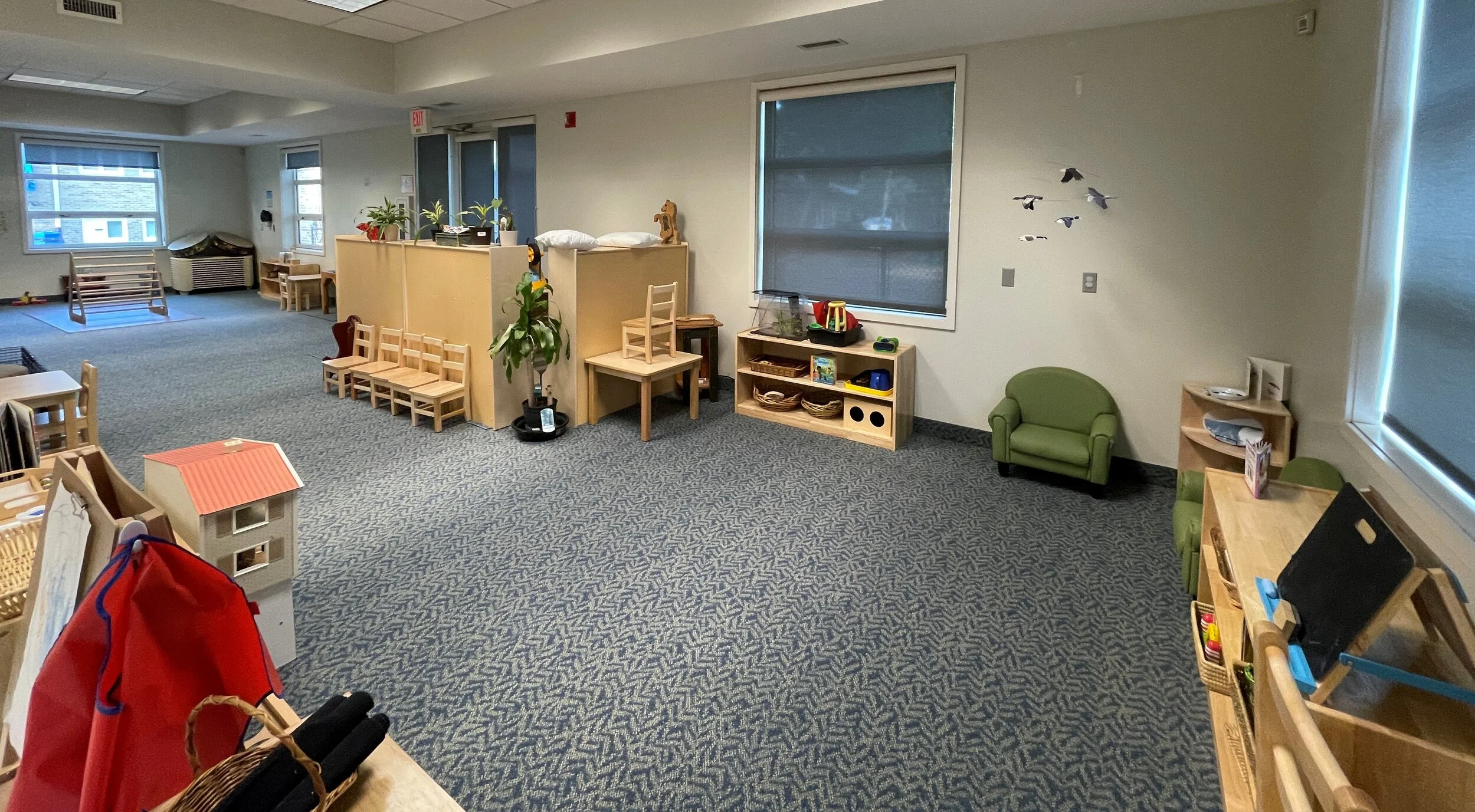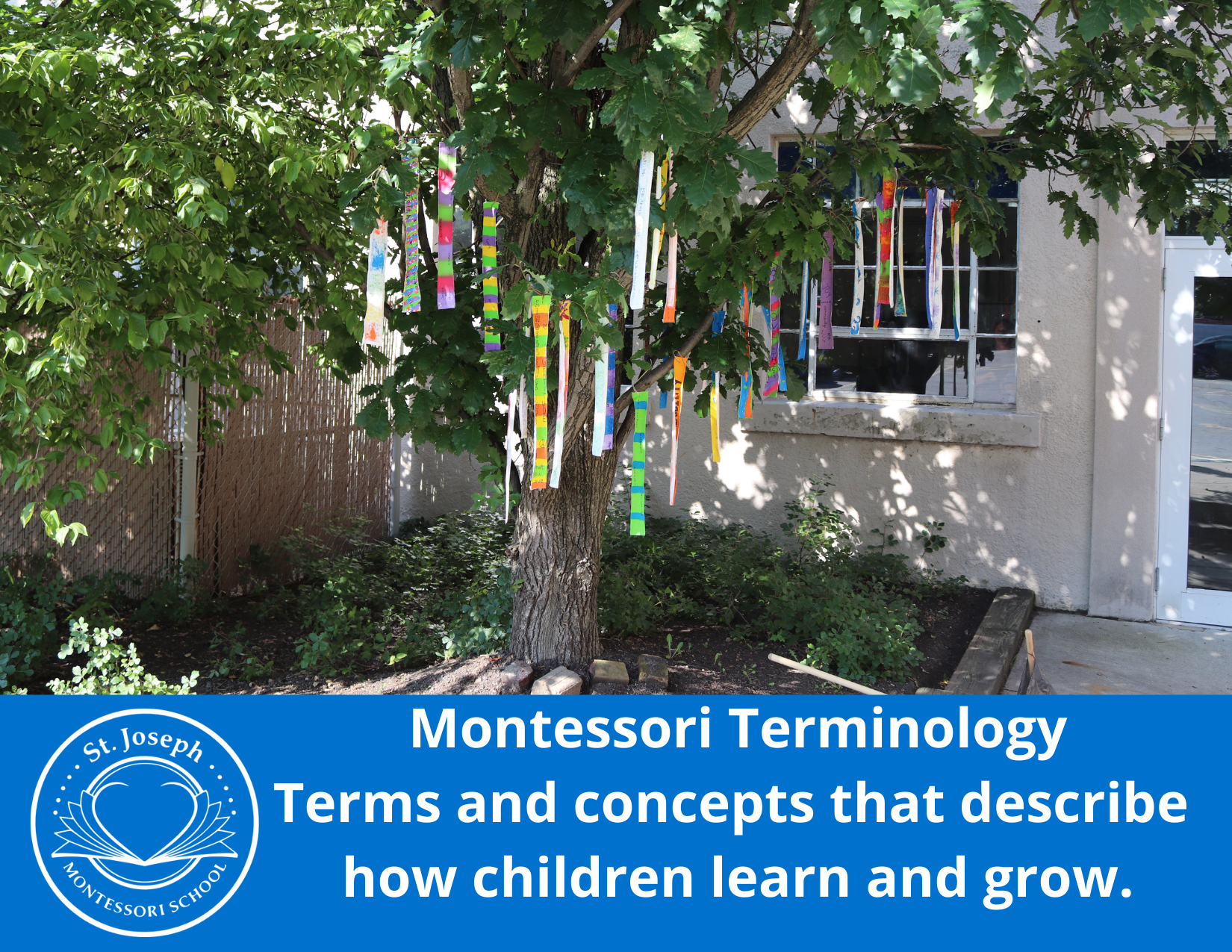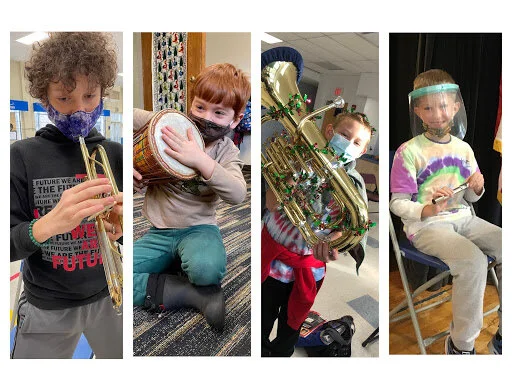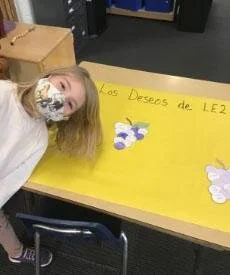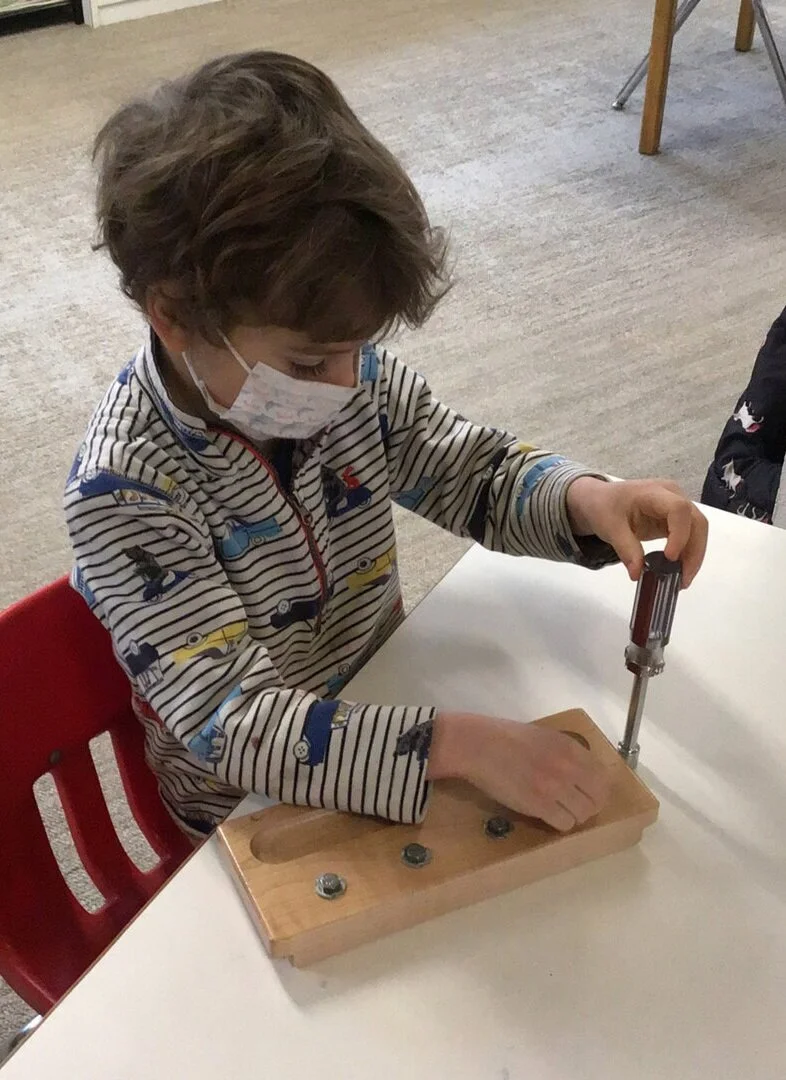Why Observe?
Why Observe? by SJMS CH1 Teacher Pen Ripke
In her book, To Educate the Human Potential, Dr. Montessori states “the first step in becoming a Montessori teacher is to shed omnipotence and to become a joyous observer. If the teacher can really enter into the joy of seeing things being born and growing under his own eyes and clothe himself in the garment of humility, many delights are reserved for him that are denied to those who assume infallibility and authority in front of the class”.
Read More
Tour of the Toddler 1 Environment
Tour of the Toddler 1 Environment. By SJMS Toddler 1 teacher, Tammy Chabria
What makes a Montessori Toddler community special is the focus on learning independence and life skills (what we in Montessori call Practical Life), and a carefully prepared environment that provides activities tailored to each child that are just difficult enough to provide challenge and growth.
Read More
Why Montessori Guides Speak their own language.
Why do Montessori Guides speak their own language? By Head of School Brenda Huth
The Montessori approach, much like any science, has its own set of vocabulary and terminology. Dr. Maria Montessori was one of the first educational theories to spring from direct, ongoing scientific observation of children. As a pioneer, Dr. Montessori did not have a ready-made vocabulary with which to describe the behaviors she observed and the developmental stages to which they pointed. As a scientist with the lens of a medical doctor, Dr. Montessori expected teachers to use her same scientific methods of observation and analysis to guide the children in their care. In order to share her knowledge and train future generations of teachers in pedagogy and methods, Dr. Montessori coined the necessary terms. These terms are taught today in Montessori Teacher Education Programs worldwide.
Read More
Our Relationship with Failure: Beginning Our Growth Mindset Journey in the Music Classroom
Our Relationship with Failure: Beginning Our Growth Mindset Journey in the Music Classroom
By Hannah Greer-Young, Music Specialist
Stanford University psychologist Carol S. Dweck, Ph.D. studied how students encountered failure and noted the different reactions of students to mistakes. In her work compiling her research, she identifies these differences as two separate mindsets: fixed mindset and growth mindset. She defines them as follows:
Read More
The How's and Why's of Second Language Learning at SJMS
The How’s and Whys of Second Language Learning at SJMS
by SJMS Spanish teacher, Kristina Hartzell
Developing and implementing a Second Language curriculum in a preschool through 8th grade Catholic Montessori school has been inspiring yet also challenging in many ways. This article will address the factors that influence and give shape to our Global language program at SJMS.
Read More
Independence in Montessori
Independence in Montessori
By Children’s House teacher Carolyn Thomas
Independence develops when the child has the liberty and freedom to act and learn within a structured and prepared environment. This prepared environment has Montessori materials, opportunities, and occasions for children to interact with the materials in an educative way.
Read More



